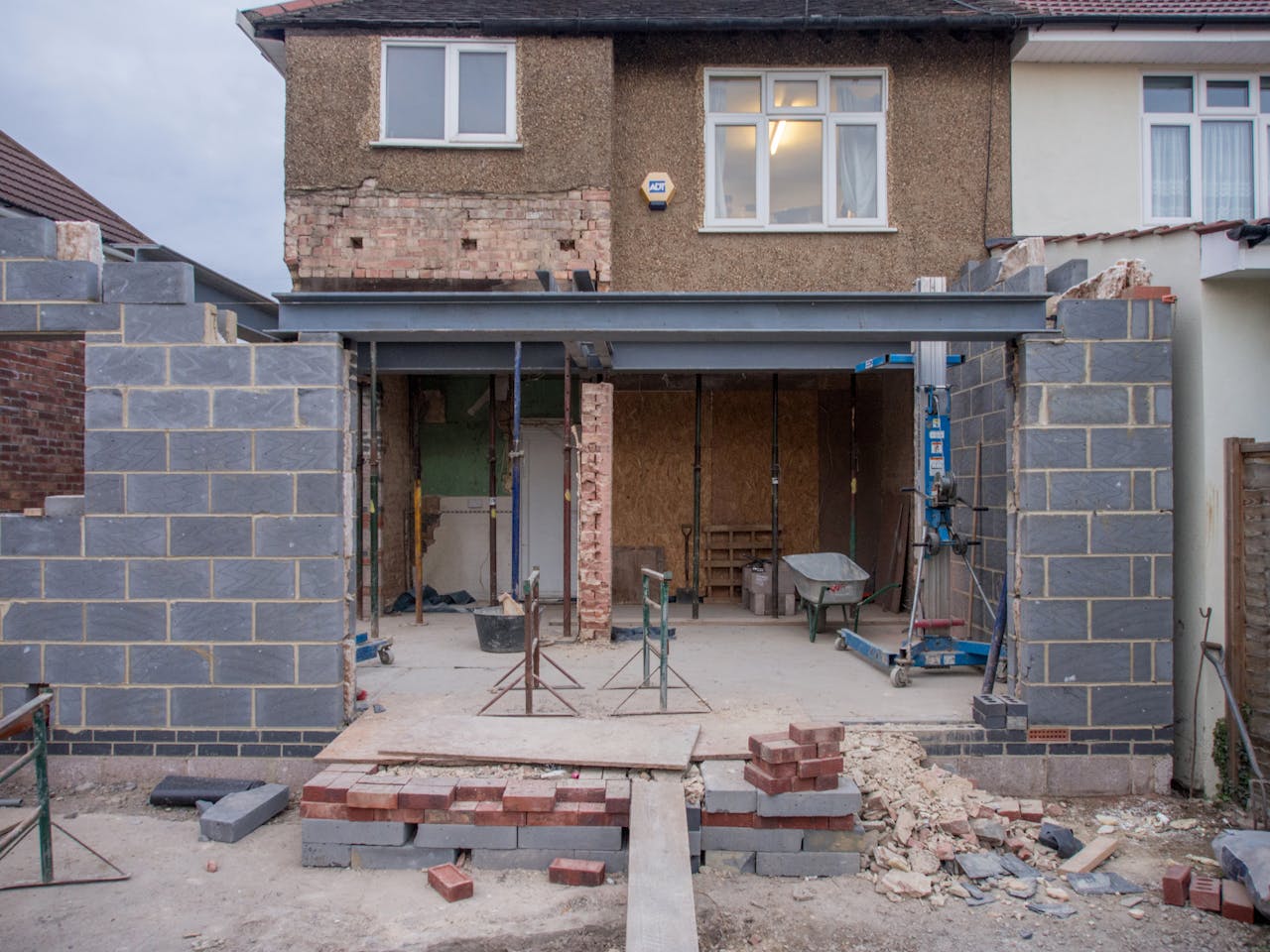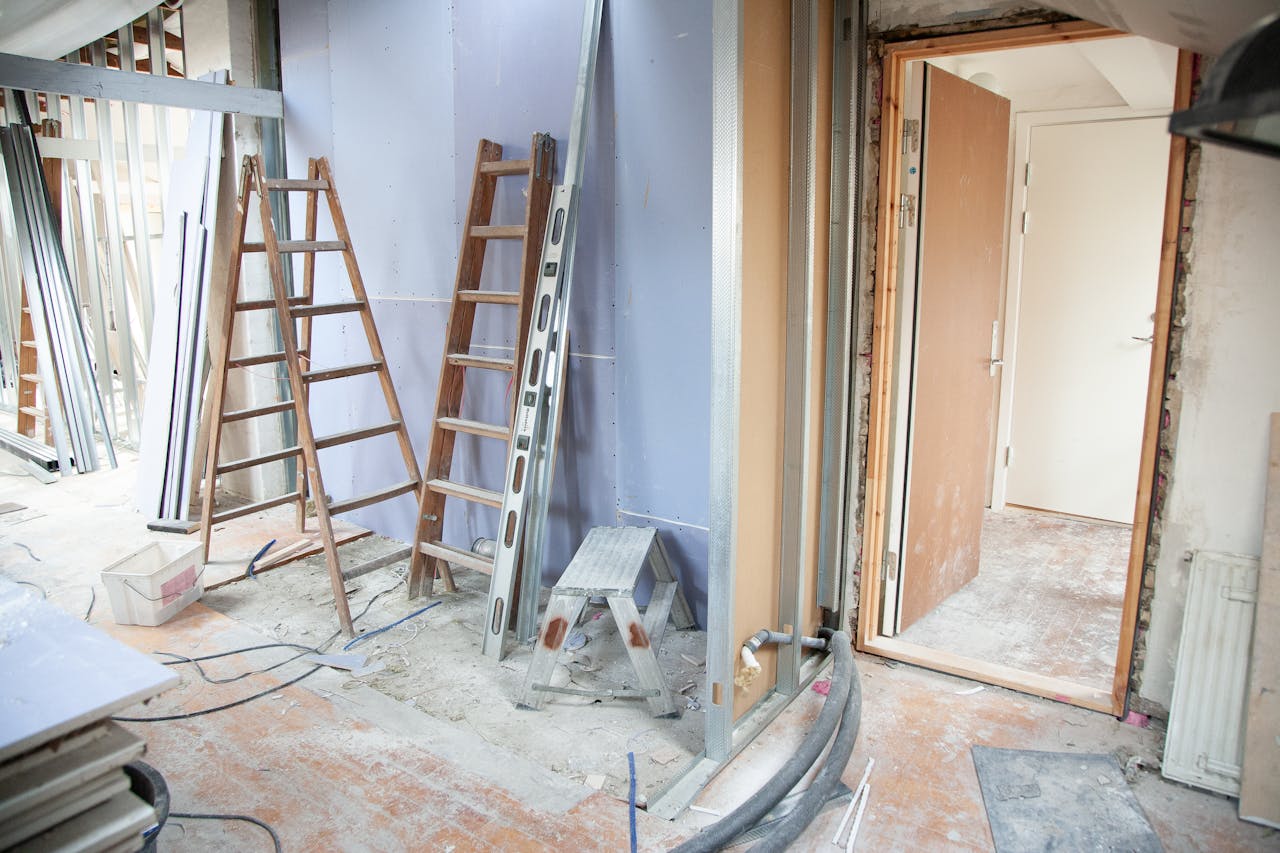Embarking on a home extension project is an exciting venture that promises to transform your living space, adapting it to meet evolving needs or personal desires for more room and functionality. However, the cornerstone of realizing this dream lies in selecting the right home builders—a decision that can make or break the success of your endeavor.
Choosing a builder for your extension is fraught with potential pitfalls and complexities, necessitating a careful, informed approach. Also, I prefer a structural warranty that will protect against structural defects in either artistry or the risk of failure with construction materials.
This blog post aims to serve as a comprehensive guide, shedding light on the crucial steps and considerations involved in finding a home builder who aligns with your vision and possesses the expertise, reliability, and communication skills to bring your project to fruition seamlessly.
From setting a clear and realistic budget to understanding the nuances of contracts and timelines, we’ll navigate the intricacies of selecting a builder who can transform your extension ideas into reality, ensuring the journey enhances rather than detracts from the joy of expanding your home.
Understanding Your Extension Project
Before selecting a home builder for your extension, gaining a deep understanding of your project is paramount. It begins with defining your vision—clarifying what you aim to achieve with the extension, whether it’s adding a sunlit kitchen, a spacious living area, or an entire second story.
This vision will guide every decision moving forward. Setting a realistic budget that reflects your aspirations and financial boundaries is equally critical. Listed below are some of the things you should put into consideration when choosing a suitable builder for your home:
Your budget
You need to select a builder that you can afford. One who will deliver value for the money you pay them. This process allows you to gauge the market rate for your specific project and provides insights into the level of detail and professionalism different builders bring to their cost estimates. When requesting quotes, ensure they are detailed and include all aspects of the project, such as materials, labor, potential challenges, and timelines.
Working experience
Do they have any expertise in the industry? How long have they been working, and on what type of projects? By examining their past work, you can gauge whether their construction standards meet your expectations and if they have experience with similar projects. Requesting references from past clients provides invaluable insights into the builder’s reliability, adherence to timelines, communication skills, and ability to stay within budget.
Reviews from previous clients
Were the previous clients happy with the services they received or the results delivered? Contacting references and asking detailed questions about their experience can reveal the builder’s strengths and potential areas of concern. This direct feedback from previous clients is a powerful tool in evaluating the builder’s overall performance and suitability for your project, ensuring that your decision is based on thorough research and informed opinions.
Is the builder licensed or insured?
If anything happens on-site, it is essential to ensure the builder is fully insured and licensed. Evaluation should start with verifying the builder’s licensing and insurance, which are necessary prerequisites that protect you against liability and ensure the builder meets regulatory standards.
Guarantee and type of service offered
Getting a builder that offers a warranty for more years, like 10 or 15 years, is advisable. You should also ensure that the guarantee is transferable should you decide to sell the home before the time expires. Furthermore, professional certifications and memberships in industry associations can indicate a builder’s commitment to quality, ongoing education, and adherence to best practices.
By thoroughly understanding your extension project, you position yourself to make informed decisions, paving the way for a smoother building process and a result that matches, if not exceeds your initial dream.
Benefits of an Extension
For most people in the UK, improving property value through an extension has become very common. Considering the value of a house extension can go up to 25 percent, it is the most advisable way to increase your property’s value, not to mention that it is cost-effective, hence affordable expenses.
Are you needing extra space for your property? Whether your family is growing, you need an additional room to accommodate your guests, or perhaps an orangery, having a loft conversion is the way to go. It’s an affordable way to acquire that extra space you need so badly, and you can keep your current home without relocating to a place.
One thing we can all agree on is that having an extension is cheaper than moving out. If your family has outgrown the space you currently have, extending your home will be less hectic than going through the hassle of buying a new property. You need to get the right builder.
Although a few factors determine whether one will need any planning permission, most home extensions fall under permitted development. This will make the whole process easy as there won’t be a lot of paperwork. To find out if your property falls under permitted development, you’ll need to consult with the local authorities in your area. The design can be made bespoke to your requirements. This has to be the most exciting part of an extension. Imagine your dream home design being turned into reality!
Choosing a Bespoke Design for Your Extension
Bespoke design means that the design will be made or created to suit your specific needs. When thinking of a home extension, you want every component of the design tailored to suit the needs of your family and loved ones. Hence, working with a company that offers the best bespoke building service is necessary to get it done.
You’ll have to work closely with the building team to achieve the desired design from the architect to the interior decor designer. The goal is to get a space that you and your family will be comfortable in.
Another great thing with bespoke designs is that everything will be done according to your budget. Of course, it wouldn’t be logical to settle for a design you can barely afford.
Preparing for the Project
Preparing for your home extension project is an essential phase that sets the stage for a smooth construction process. This preparation involves several vital steps to ensure that both you and your property are ready for the upcoming work:
- Finalize the Design and Plans: Confirm all architectural designs, permits, and materials with your builder to avoid delays once construction starts.
- Set a Clear Budget: A detailed budget includes a contingency fund for unexpected expenses.
- Secure Necessary Permits: Ensure all required permits are obtained in advance to comply with local regulations and avoid legal issues.
- Establish a Communication Plan: Agree on a regular communication schedule with your builder to stay updated on the project’s progress and any changes.
- Prepare Your Property: Clear the area where the extension will be built, and consider how construction will affect your daily routines. Make arrangements to minimize disruption, especially if you live on-site during construction.
- Discuss Expectations with Your Builder: Communicate your expectations regarding the timeline, noise, and on-site safety measures to ensure they align with your living arrangements.
- Plan for Delays and Adjustments: Be mentally prepared for potential delays and changes during construction, keeping flexibility in mind.
By taking these steps, you can help ensure that your extension project starts on the right foot with a clear plan to manage the expected and unexpected construction elements.
Conclusion
Having discussed some advantages and things you should consider when settling for a builder, your selection process should be more straightforward. And when it comes to design and build, you should always choose one you’re comfortable with. Remember, your extension project shouldn’t be stressful when working with a professional builder.


